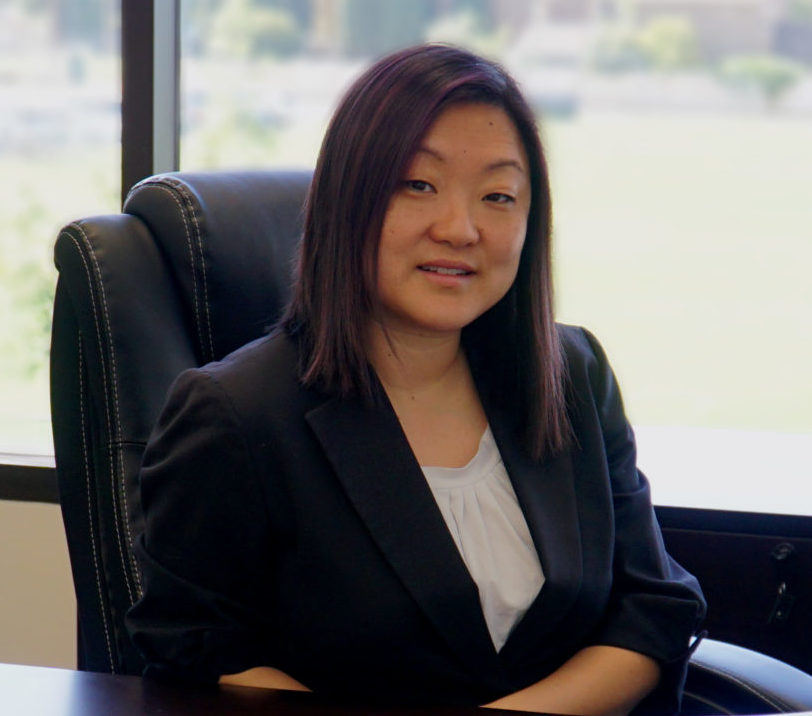Affordable divorce attorney Jin Kim represents clients in child custody cases in Sacramento County. While a flat fee is not viable in contested cases, Jin has an affordable hourly rate that has allowed many clients to secure their rights to visitation and custody. For an affordable hourly fee Jin can help you navigate mediation and establish a reasonable custody arrangement, or if litigation becomes necessary represent you at trial with your child’s welfare in mind. To learn more about your parental rights call our Sacramento divorce attorney at (916) 250-1610 for an office consultation.
Child Custody FAQs
Legal custody, physical custody, sole, joint, the terminology in child custody law can be confusing. This quick FAQs section will help you better understand your custody rights before your consultation.
What is legal custody?
What is physical custody?
Can legal and physical custody be granted to one parent?
Is it important to distinguish between the types of custody?
What does sole legal custody mean?
What does sole physical custody mean?
Can a noncustodial parent be denied access to records and information?
Can a noncustodial parent give medical consent?
What is joint custody?
What is joint physical custody?
What is joint legal custody?
Does joint custody require every decision to be made by the parents together?
Do parents get an equal share in joint physical custody?
Are the parties free to choose a parenting plan?
Can joint legal custody be awarded without joint physical custody?
Can the court specify one parent as the primary caretaker?
Can the court modify or terminate a joint custody order on its own?
The Difference between Legal and Physical Custody in California
Legal v. Physical Custody
Legal custody gives a parent the right to make major decisions about a child’s welfare, health, and education including:
School – where the child will attend.
Choice of religious activities.
Medical care, except in emergency situations.
When a parent gets sole legal custody, that parent has the right to make all major decisions relating to the health, education and welfare of their child. It also means that a parent can make such decisions without getting the other parent’s input.
In most cases, joint legal custody is ordered. This means you and the other parent share in the right and responsibility to make decisions for your child. Joint legal custody is very common in California. However, there are situations that might prevent parents sharing custody:
Parents are unable to co-parent or make decisions together.
One parent is deemed unfit or incapable of making decisions regarding the general welfare of the child.
It is important to understand that even if you get joint legal custody, it does not mean you will share joint physical custody. The parent with physical custody has the right to have the child physically present in the home. If your child lives primarily, or even exclusively, with you, then you are considered the custodial parent. The other parent is considered the non-custodial parent who also has visitation rights.
The family law court in California decides who gets physical custody based on what is in the best interest of the child. For example, if you can provide evidence in family court that a parent has a history of domestic violence or abuse, courts may order that any and all visits with the child be supervised by an approved third party. In cases of extreme abuse, visitation with the abusive parent may not be allowed.
Joint and Sole Physical Custody
Child’s Best Interest
The child’s health, safety and welfare.
The nature and amount of the child’s contact with both parents.
History of drug or alcohol abuse.
History of abuse.
Any other relevant factors.

